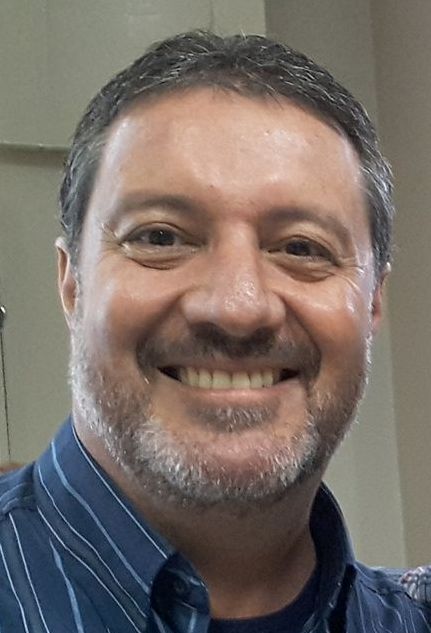Trapped in the dark web of technology
When I was teaching teenagers, I frequently discussed online safety. Cyberbullying, phishing scams and the typical 419 Nigerian prince scam were among our class topics and we would laugh hard at the absurd grammar errors in the spam email letters. However, I have recently learned that the gross grammar errors and the far-fetched stories featured...Read More









